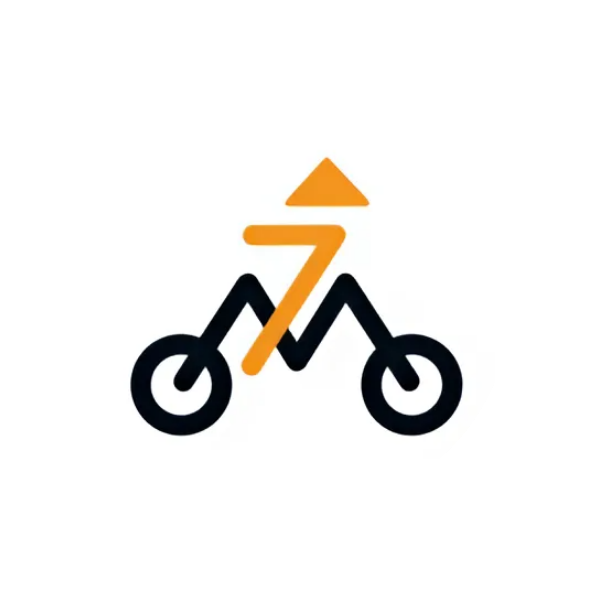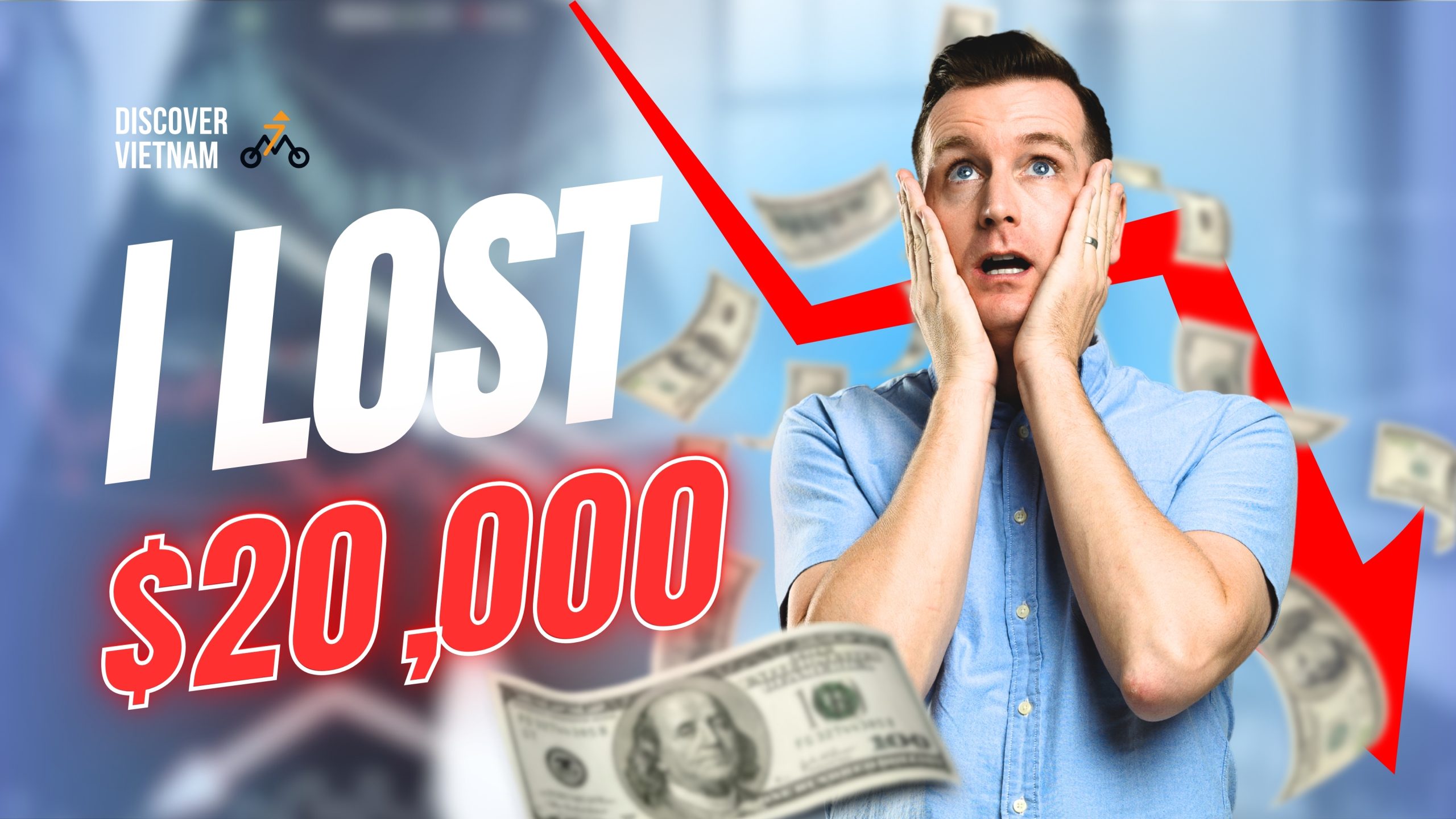My name is Niall Mackay, founder of Seven Million Bikes Podcasts. As you may know, I’m an expat living in Vietnam for almost 10 years now. Coming to Vietnam for a holiday, and it turned out to be a life-changing experience.
When I first came to Vietnam, I never thought much about money. Life was cheap, fun, and easy. A beer was 10,000 dong, I was teaching English, and everything felt like a holiday. But then I realized something important: I wasn’t paying into a pension anymore. Back home, that happened automatically through work. Here, it didn’t.
That moment set me off on a financial journey that led to some of the worst mistakes of my life. I lost tens of thousands of dollars because I trusted the wrong person. But it also led me to meet my current financial planner, Robin Copley, and to learn lessons I wish every expat knew earlier.
Vietnam: A Financial Superpower
Vietnam is an incredible place to live. The cost of living is low, and if you earn well, you can save a lot more than you might back home. That gap between what you spend and what you can earn is a kind of “financial superpower.”
But like any superpower, it depends on how you use it. Many expats spend everything they make, enjoying the cheap lifestyle, and forget about the future. Others, like me, try to plan for the future—but end up trusting the wrong people.
Living here gives you a huge opportunity to build savings and security. But only if you approach it wisely.
My Financial Horror Story
After two years in Vietnam, I decided to plan for my future. I found a financial advisor who looked the part: smart suit, big presence online, lots of expat followers. I thought I was being smart by working with him.
It was one of the worst mistakes I ever made.
He put me into a “life assurance” fund, which I thought was like a pension. For six years, every month, even through COVID when I lost all my income, I made sure to put money into it. I thought I was doing the right thing. But after all that time, I ended up with less money in the fund than what I had put in. Six years of discipline, and I was behind.
On top of that, he also convinced me to invest in a “loan note.” It promised big returns, and I believed it. Then COVID hit, the company collapsed, and I lost tens of thousands. Some people lost even more.
Looking back, I now see all the red flags. But at the time, I didn’t. I trusted him, and I paid the price.
Hidden Fees, Commissions & Red Flags
What I didn’t understand then was how much money advisors can make from these products. Robin later explained it to me. That “loan note” I invested in could have paid the advisor an extra 10% commission on top of what I invested. The life assurance plan also had hidden fees—commissions taken in the first years that ate up my contributions.
I thought I was paying a simple 1% management fee. In reality, I was paying much more, and I didn’t even know it.
The biggest lesson? Always ask who is paying the advisor. If they get paid by the product provider, not you, there’s a conflict of interest. And always ask for fees in plain numbers, not in complicated financial terms. If it sounds too good to be true, it probably is.
Practical Money Advice for Expats
Through this whole experience, I learned that planning your money in Vietnam isn’t just about investments. It’s about protecting yourself and avoiding risks you don’t think about. Here are the most important lessons I took away:
- Get your motorbike license. Without it, insurance won’t pay out if you have an accident.
- Buy proper medical insurance. Travel insurance won’t cover you if you live here long-term. Don’t wait until it’s too late.
- Bring savings when you move here. Having a runway gives you freedom if your first job doesn’t work out.
- Spend like a local. Just because something is cheaper than back home doesn’t mean you should overspend.
- Start investing early. Even if it’s not perfect, putting money aside is better than doing nothing.
These are small steps, but they make a huge difference in the long run.
Money as a Tool, Not the Goal
One of the most important lessons Robin shared with me was simple: money is not the goal. Money is just a tool.
The goal is to live the life you want—whether that means security for your family, the freedom to travel, or just peace of mind knowing you’re covered if something goes wrong.
For years, I thought the goal was to build up a big number in my bank account. But after losing money and then talking to Robin, I realized that what matters most is how you use your money to live a better life.
The Biggest Mistake Expats Make
I’m glad I started thinking about my future early, even if I made mistakes. Many expats don’t. They spend years in Vietnam without saving or investing anything. Then they hit 60 and realize they have nothing for retirement.
There’s no safety net in Vietnam. The government won’t look after you. If you don’t plan, you’ll face the future with nothing.
That’s the biggest mistake expats make: doing nothing at all. Even if you choose the wrong product, at least you’re saving. But the earlier you plan, the better your future will be.
Final Thoughts
Living in Vietnam is amazing. It’s fun, affordable, and full of opportunity. But it can also be a financial trap if you don’t plan properly.
I made big mistakes. I lost money. But I also learned lessons that I hope can help others. Don’t blindly trust advisors. Ask the right questions. Protect yourself with insurance and licenses. Save and invest early. And most importantly, remember that money is not the end goal—it’s just the tool to live the life you want.

